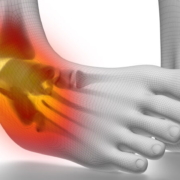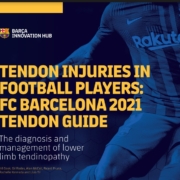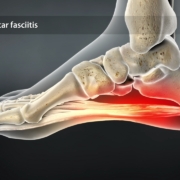Plantar Fasciitis : The Latest research
Summary Notes for Management of Plantar Heel Pain (PHP) by Morrissey et al, BJSM 2021
Objective
The study aims to develop evidence-based best practices for managing PHP by combining findings from a systematic review, expert interviews, and patient surveys.
Methods
– Systematic Review: Analysis of 51 randomized controlled trials (RCTs) involving 4,351 participants to assess intervention efficacy.
– Expert Interviews: Engagement with 14 international experts to extract clinical reasoning.
– Patient Survey: Feedback from 40 individuals living with PHP to incorporate patient perspectives.
Findings
- Core Management Approach:
– Taping and Stretching: Proven effective for short-term relief of “first step pain.”
– Education: Custom-tailored advice on footwear, load management, and understanding PHP.
- Secondary Care Interventions:
– Shockwave Therapy: Radial and focused shockwave therapy are effective for patients who do not improve with the core approach. It shows strong evidence for reducing pain in the short, medium, and long term.
– Custom Orthotics: Provide moderate relief, particularly for persistent symptoms.
– Adjunctive Treatments: Dry needling and injection therapies were considered secondary options with varying efficacy.
- Patient-Centered Insights: Emphasized the need for improved understanding, consistent information, and realistic expectations regarding recovery timelines.
- Guidelines: Use a mix of evidence-based interventions, expert clinical reasoning, and patient feedback to individualize treatment.
Conclusion
The study proposes a multi-tiered treatment model emphasizing self-management, with progressive interventions like shockwave and orthotics for non-responders. Future research is suggested to address gaps in education delivery and cost-effectiveness analyses of interventions.







